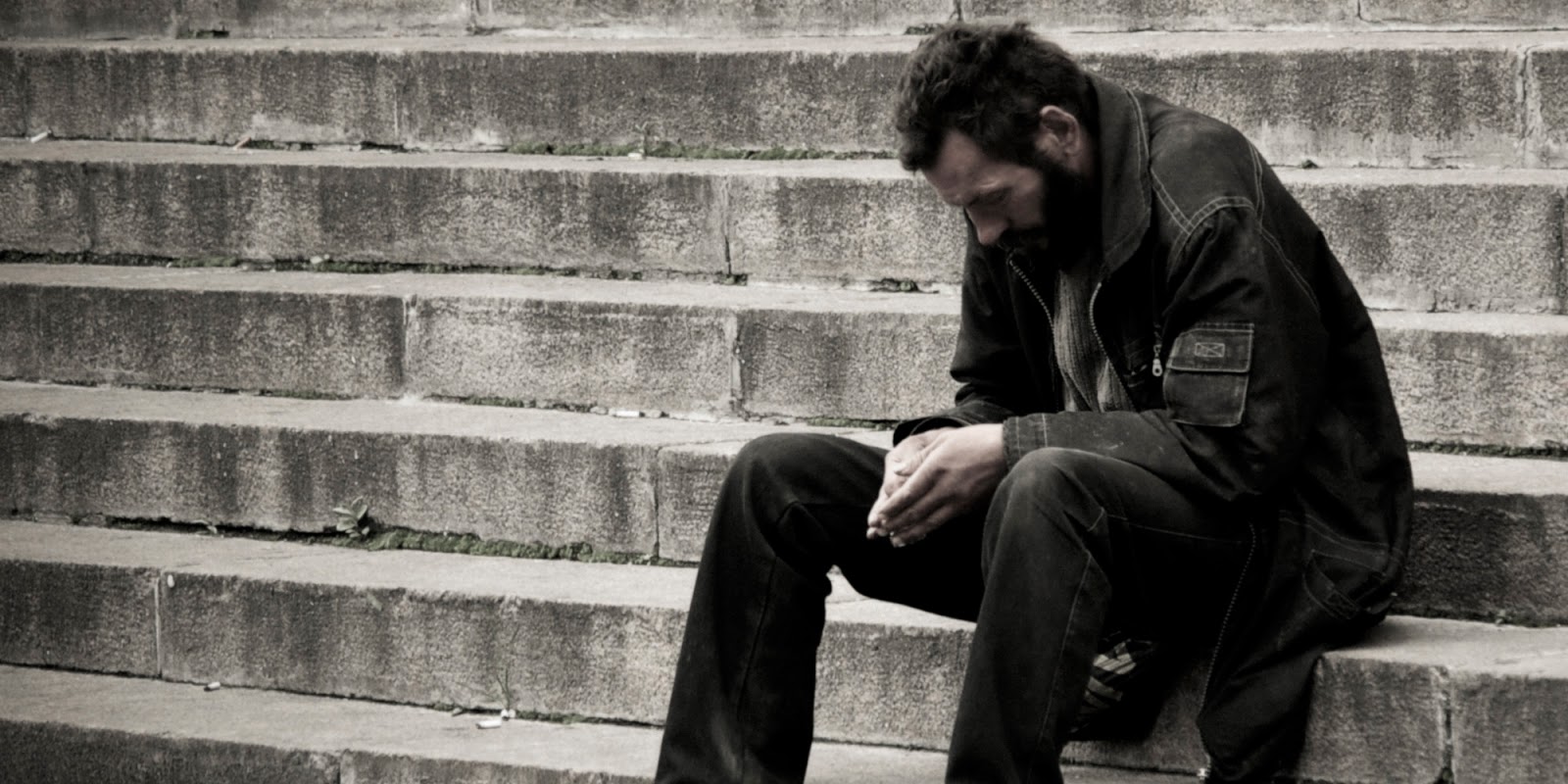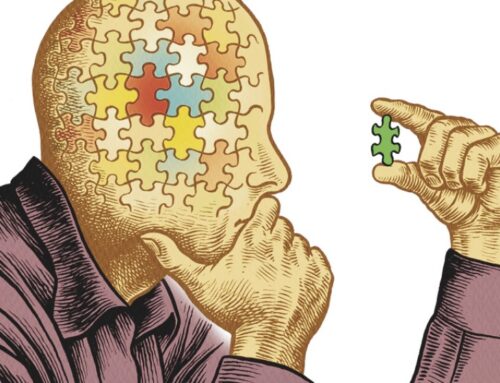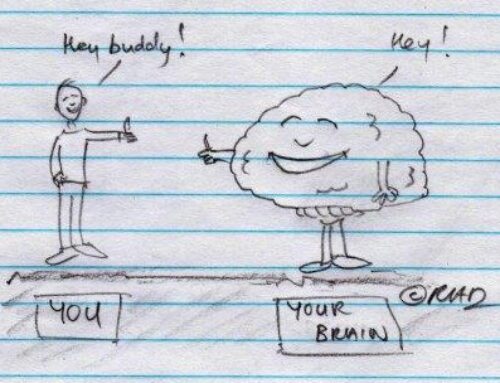Our Thoughts Mediate the Experience of Suffering
December 1, 2019
Categories: Thoughts
When we experience pain and suffering, we often look to an external cause to explain it. I’m upset because I didn’t get that job. I’m depressed because my girlfriend broke up with me. I’m anxious because the world is a dangerous place.
Blaming our Suffering on Something External
Blaming our pain and suffering on something external makes us feel better in a certain kind of way. It lets us off the hook. We might think that anyone in our situation would be doing poorly, given our circumstances. There’s a reason for our pain, and it isn’t our fault.
Unfortunately, even though blaming something external can make us feel better in the moment, it doesn’t ultimately improve our lives or alleviate our suffering. On the contrary, it actually keeps us stuck. If the cause of our problems is something external, then it stands to reason that we can’t really do anything about it. We are a victim.
Our Stories Cause our Suffering
I’d like to offer a different perspective: our thoughts and judgments about our life and situation mediate the experience of suffering. Let me unpack that a bit.
First, you have an experience. Something happens in your life or world. Second, you have a thought or judgment about your experience. You come up with a story to explain what is happening to you. These two things can happen almost simultaneously, but they are two different processes. It is actually your story, not the experience itself, that causes your pain and suffering.
Two Different Stories of the Same Event
We know this is true because two people can experience similar situations yet respond in radically different ways. For example, two people might get fired from their jobs. Person A has a painful story about the job loss. He thinks about all the things he did wrong, and he wonders what is wrong with him as a person. He worries about his ability to make ends meet and support his family. He doesn’t think he has what it takes to get another job in the future. He gets depressed and starts drinking too much alcohol to cope.
Person B, on the other hand, has a more hopeful story about the job loss. She is curious about what she did that may have caused the firing, but she uses the firing as an opportunity to learn about herself and improve. She gets feedback from her boss about what went wrong. She is humble and has an accurate view of her strengths and limitations. She also sees the opportunity in her obstacle. She sees the job loss as a time to reevaluate her career, and perhaps take a different opportunity that is more in line with her interests and abilities. She gets to work right away on her resume and is on the lookout for new job opportunities the very next day.
Both individuals had the same external experience. They both lost their job. But their story about their internal experience was vastly different. One story led to pain and suffering, and the other story didn’t.
Action Step
The next time you are experiencing emotional pain, try to separate your external experience and the story you are making up about your experience. What is it about your story that is causing you pain? Could you come up with a more hopeful story about your experience that might be just as true?

Related Thoughts

Subscribe To My Newsletter
Join my mailing list to receive the latest blog posts.
Receive my e-book “The Mental Health Toolkit” for free when you subscribe.





